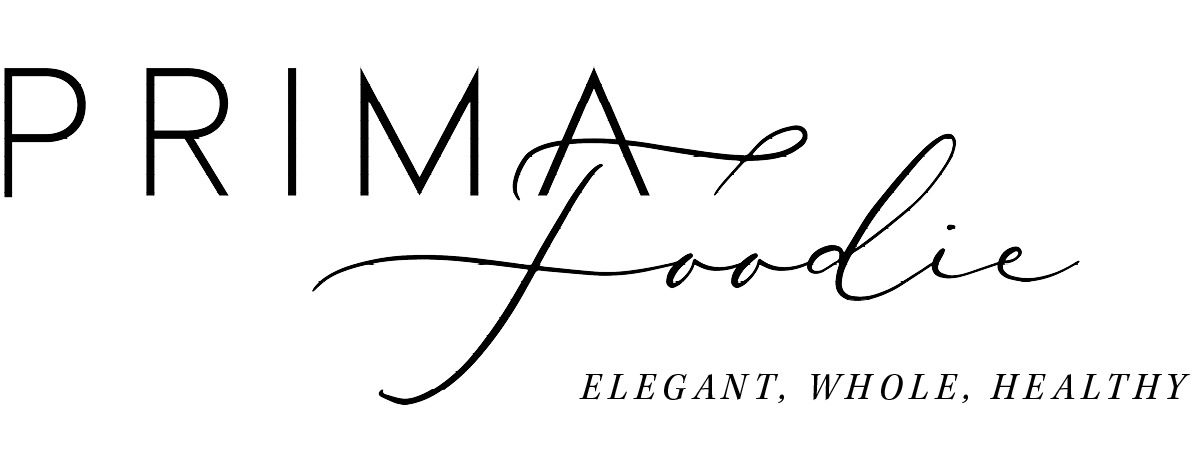Chris Carter on Whole Animal Butchery, Meat Industry Loopholes, and Why “Pasture-Raised” Is Essential
When you know the story behind something, you enjoy it more, says Chris Carter, the co-founder of Porter Road, an ethical butcher based in Nashville. “It becomes an experience when you know the background." For Carter, a storied chef passionate about local ingredients, the history behind the meats he sells is as important as the product.
He and his business partner, James Peisker, met while working in the kitchen of one of Nashville's most prominent restaurants. As Carter says, they 'hit it off' and shared the same values for whole foods and ethical farming. Quickly after meeting, they decided to start a catering business together. It took off, but Carter says there was a giant pain point: Finding local meat from animals humanely raised fully on pasture with no antibiotics or hormones was nearly impossible.
"We would find farmers that were doing things that we consider the right way, and we'd fall in love with them, their families, the way they cared for the land, the way they care for their animals, and the quality of their product, but the only option would be to buy it frozen and often poorly butchered," says Carter. "We just knew there had to be a better way."
That better way resulted in Porter Road, which has gained a wildly popular following due to its kind, ethical, and genuinely sustainable approach to butchery. Nichole sat with Carter to learn more about what makes Carter and Peisker's approach unique from conventional methods. Here are four points from their conversation illuminating what exactly is ethical butchery and what we should be asking about our meat.
#1: The Merits of Whole Animal Butchery
Most large-scale meat factories employ a type of butchery that requires an assembly-line style that thrives off of underpaid workers and only uses parts of the animal, resulting in often unethical working conditions and wasted meat. Carter and Peisker run a "whole animal butchery," meaning that they buy the entire animal from an ethical farmer, "not just the strips and tenderloins and rib eyes," adds Carter. Whole butchery is done by hand and uses the entire animal, leaving nothing to waste. "It was about supporting that agriculture by buying the whole animal, buying it at a higher price, a premium over the market, and supporting that farmer."
#2: The Multilayers and Misunderstandings of the Conventional Meat Industry
It's common knowledge that the conventional meat industry is rife with animal mistreatment and runs on the focus to make a profit. But many of us do not know that there are copious layers to the industry, from where the animal is first born to where it gets shipped to be fattened to where it gets slaughtered. According to Carter, most meat animals in the US start in ethical environments, meaning they're raised on pasture and not in confinement. Things change, however, when they reach a yearling weight. "Because farmers don't have a lucrative outlet through which they can sell those animals," Carter says. So, to make money, the farmers must sell the yearlings off into the commodity industry, which is fickle and fluctuates according to the industry demand. From there, the animals get moved around to feedlots and packing houses, where they fall victim to confinement, illness, and abuse.
On the contrary, Carter and Peisker work directly with the farmers so that the animals have an ethical life and don't go from place to place. "We step in before those animals go to a sell barn or brokers at that yearling weight. We step into that operation with that farmer and say, 'Keep these animals on your pasture, raise them naturally, give them this non-GMO feed […] let them grow to a full harvest weight."
#3: Why Pasture-Raised Beef Is Essential
Many meat companies use loopholes and jargon to make their meat seem more ethical than it is. The one modifier Carter says he and Peisker stand by is "pasture-raised." This means that the animals are raised 100 percent on pasture. "Getting the animal a natural habitat in which it lives its life" is important, he continues. Beef marketed as "grass-fed" can still mean the animal lives in confinement but was fed grass. We "chose pasture-raised as the term that we wanted to hang our hat on because there are no loopholes. The animals have access to their natural environment and live there their entire lives. It's not that it's shipped somewhere else and fed a feed that allows you to put a claim on a package."
#4: When In Doubt, Go Visit the Farm
"We are a meat company that wants you to know how the sausage is made," says Carter. He implores people to call Porter Road or ask any butchery or farmer about their practices. It’s a positive sign when the farmers are transparent, open, and invite you to their farm. "We own a butcher shop where people would come in the door and say, 'How can you charge so much for meat?’ And my answer is the same: How could [others] charge so little?’” says Carter. “It is the price of real food. We are very proud of our processes and very transparent."
We pulled this wisdom from Nichole's original conversation with Chris Carter on "The PrimaFoodie Podcast." You can listen to their entire conversation here.
